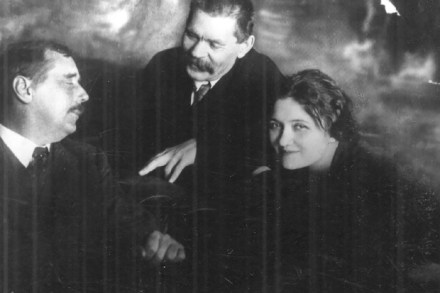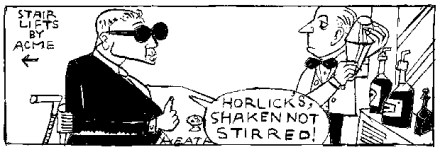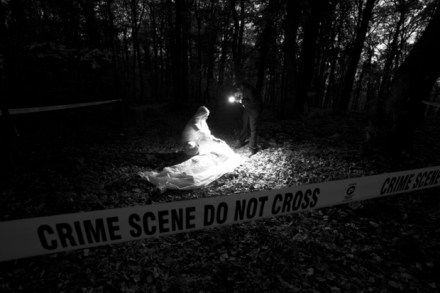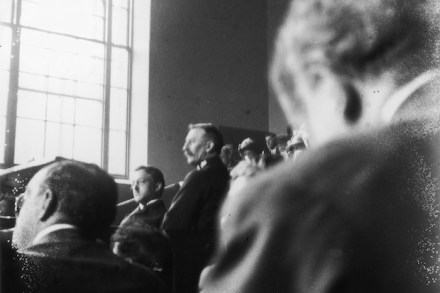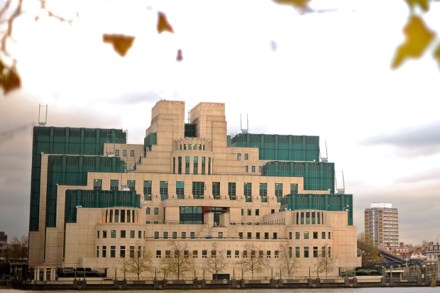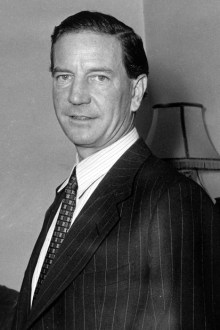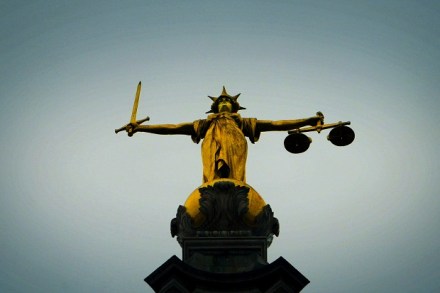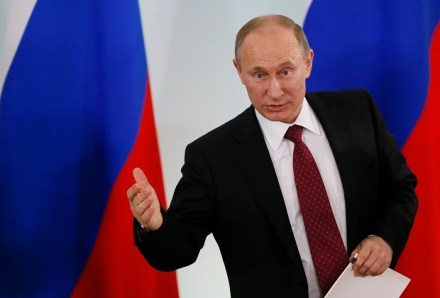A passion for men and intrigue
Moura Budberg (1892–1974) had an extraordinary life. She was born in the Poltava region of Ukraine, and as a young woman she danced at the Sanssouci Palace at Potsdam with the Russian Tsar and the German Kaiser. In her twenties by 1917, she had a well-placed aristocratic husband, two children and several fine homes in different countries. This might have been enough for most of us, but for Moura it was merely a preamble — we are only on page 15. Revolution, espionage, embezzlement, murder, executions, plenty of intimacy and arrests by several different nations take us through a few more chapters. She surges on, driven by her twin passions
